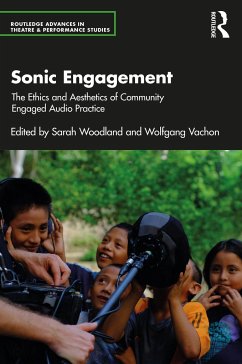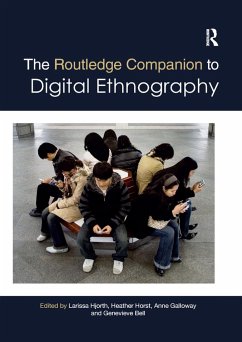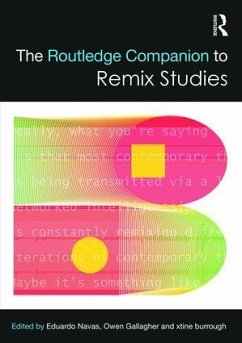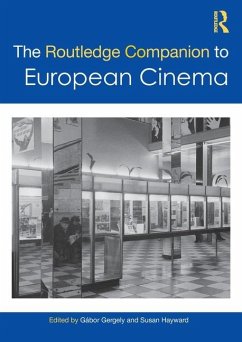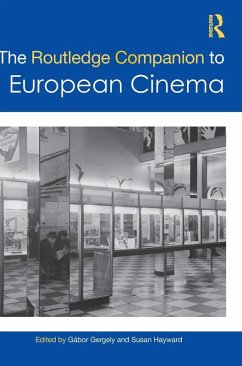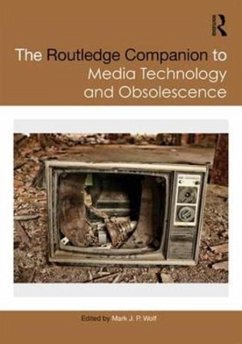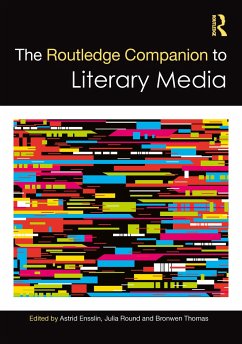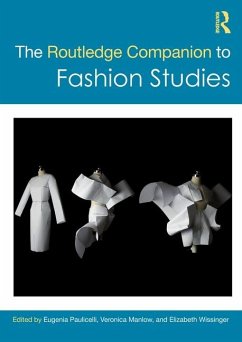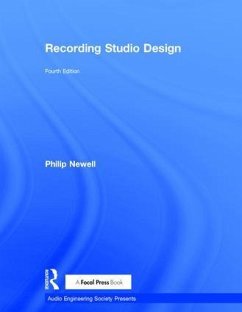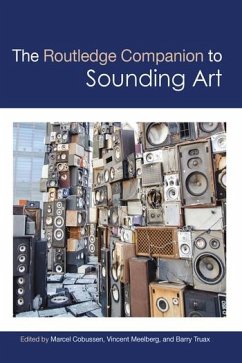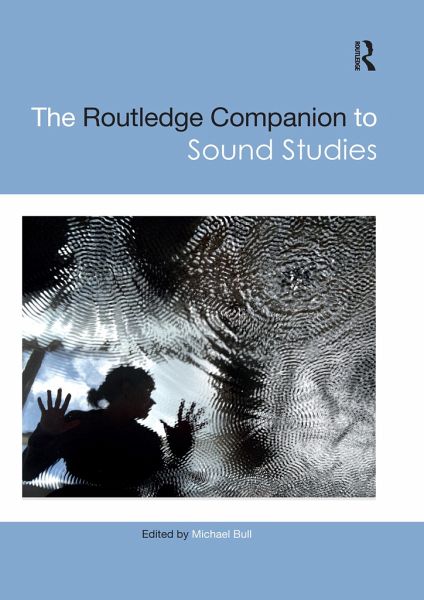
The Routledge Companion to Sound Studies

PAYBACK Punkte
26 °P sammeln!
The Routledge Companion to Sound Studies is an extensive volume presenting a comparative and historically informed understanding of the workings of sound in culture, while also mapping potential future directions for research in the field. Experts from a variety of disciplines within sound studies cover such diverse topics as politics, gender, media, race, literature and sport. Individual sections that consider the importance of sound in an increasingly mediated world; the role that sound media play in the construction of experience; and the ways in which sound has been theorized to produce a ...
The Routledge Companion to Sound Studies is an extensive volume presenting a comparative and historically informed understanding of the workings of sound in culture, while also mapping potential future directions for research in the field. Experts from a variety of disciplines within sound studies cover such diverse topics as politics, gender, media, race, literature and sport. Individual sections that consider the importance of sound in an increasingly mediated world; the role that sound media play in the construction of experience; and the ways in which sound has been theorized to produce a distinctive sensory contribution to knowledge.
This wide-ranging and vibrant collection provides a rich resource for scholars and students of media and culture.
This wide-ranging and vibrant collection provides a rich resource for scholars and students of media and culture.





